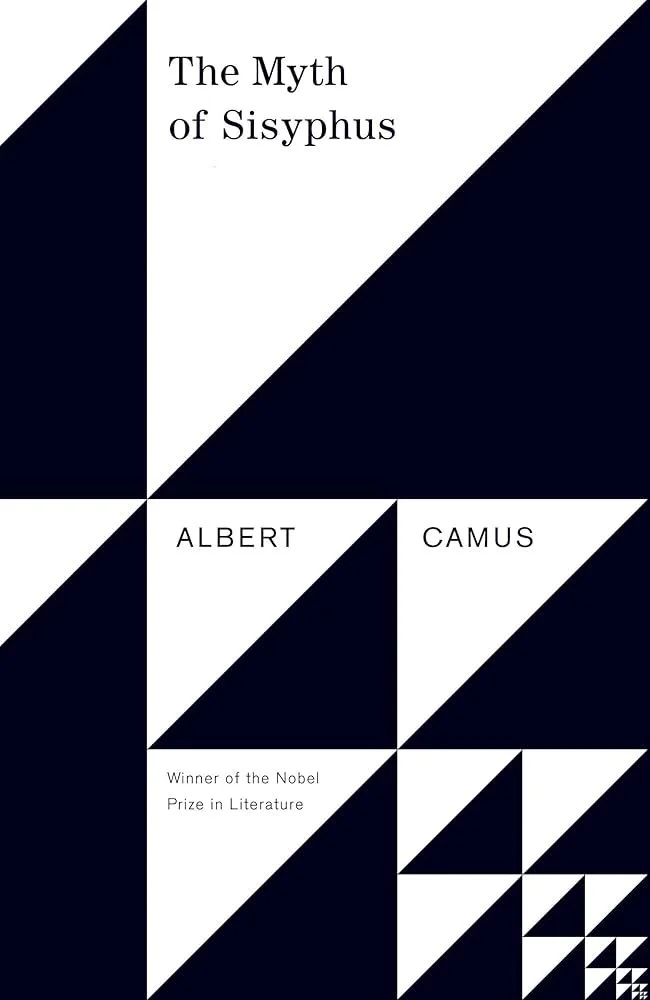“The Myth of Sisyphus”, Albert Camus
Published October 1, 1942
Throughout history, some books have changed the world. They have transformed the way we see ourselves—and each other. They have inspired debate, dissent, war and revolution. They have enlightened, outraged, provoked and comforted. They have enriched lives—and destroyed them. Now Penguin brings you the works of the great thinkers, pioneers, radicals and visionaries whose ideas shook civilization and helped make us who we are. Inspired by the myth of a man condemned to ceaselessly push a rock up a mountain and watch it roll back to the valley below, The Myth of Sisyphus transformed twentieth-century philosophy with its impassioned argument for the value of life in a world without religious meaning.
“I see many people die because they judge that life is not worth living. I see others paradoxically getting killed for the ideas or illusions that give them a reason for living (what is called a reason for living is also an excellent reason for dying). I therefore conclude that the meaning of life is the most urgent of questions.”
The Myth of Sisyphus is one of those books that looms large in both philosophy and literature, infamous for its density despite its brevity. On the surface, it’s a short essay about existentialism, absurdism, and nihilism. I admit, I yawned just reading the blurb. But the experience of taking in the book feels much larger. Like grappling with an enormous, tangled knot of ideas. It took me two weeks to finish 155 pages, not because the writing is inaccessible, but because every paragraph demands undivided attention. And for someone like me who needs consistent ADHD meds to focus, this was a challenge.
Camus doesn’t offer easy answers—instead, he confronts the central (and most important and relevant) human question: if life is meaningless, why go on living? His response: the embrace of the absurd…is both startling and strangely liberating.
I’d venture to say that because of the topics discussed in Camus’ essay, this work is not for every reader at every stage of life. There is, in my opinion, a time and place to consume The Myth of Sisyphus—and it is not when you’re depressed.
While I wouldn’t call this a five-star read for me personally, I can see exactly why this book is considered essential. The image of Sisyphus, condemned to push his boulder up the hill only to have it roll back down for eternity, becomes not just a metaphor for human struggle, but an invitation to find meaning and dignity in the act of living itself, even in the face of futility.
The Myth of Sisyphus is sooo not easy, but it is necessary—a book everyone should attempt at least once, if only to encounter Camus’ daring attempt to find freedom in the absurd. It’s a work that leaves the reader unsettled, thoughtful, and oddly empowered, as if you, too, might learn to imagine Sisyphus happy.
Content Warnings
Note: This is not an exhaustive list of content and trigger warnings.
suicidal thoughts
Goodreads | Storygraph | Bookshop (support your local bookstore)

